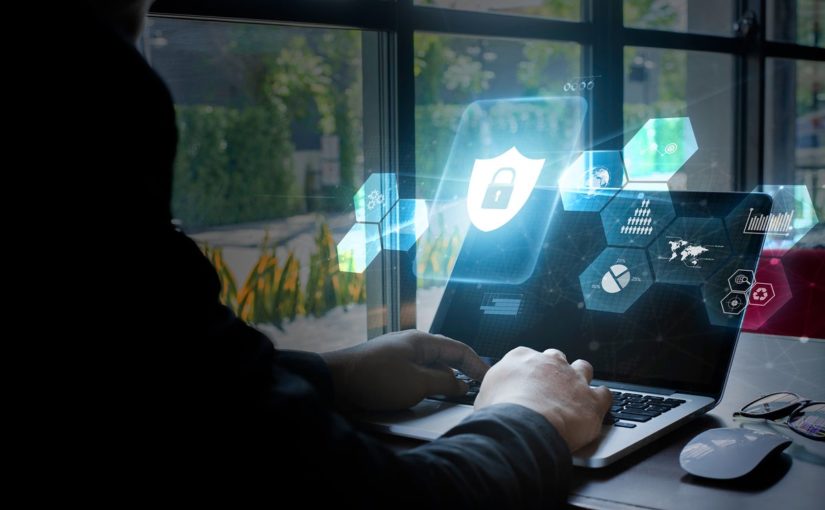In today’s digital age, safeguarding sensitive information is a top priority for businesses across industries. Virtual Data Rooms (VDRs) have emerged as essential tools for securely sharing and managing critical data during mergers, acquisitions, and other strategic transactions. Designed to offer advanced security features, VDRs provide a secure environment where sensitive documents can be accessed, shared, and reviewed with utmost confidentiality and control.
Advantages of Using Virtual Data Rooms to Prevent Data Breaches
Virtual Data Rooms (VDRs) play a crucial role in preventing data breaches by offering several distinct advantages over traditional methods of data sharing:
- Enhanced Security Controls: VDRs are equipped with robust security measures such as advanced encryption protocols, multi-factor authentication, and granular access controls. These features ensure that only authorized personnel can access sensitive documents, significantly reducing the risk of virtual data room data breach.
- Secure Document Sharing: Unlike email or file-sharing services, VDRs provide a secure platform specifically designed for sharing sensitive information. Documents are encrypted both in transit and at rest, ensuring data remains protected throughout its lifecycle. This level of security helps prevent data breaches effectively. This ensures protection against potential risks such as a virtual data room data breach, offering peace of mind amidst sensitive data exchanges.
- Audit Trails and Monitoring: VDRs offer comprehensive audit trails that track all user activities within the platform. This transparency not only enhances accountability but also helps detect and respond to any suspicious behavior promptly. Such data room software features are crucial for maintaining data integrity and security in sensitive information exchanges.
In summary, Virtual Data Rooms (VDRs) provide enhanced security controls, secure document-sharing capabilities, and comprehensive audit trails to mitigate the risk of data breaches. These features make VDRs indispensable for safeguarding sensitive information during critical transactions.
In an age where data security is paramount, Virtual Data Rooms (VDRs) have become indispensable tools for businesses. They provide a secure online environment for storing, sharing, and collaborating on sensitive documents. VDRs are equipped with robust security features such as data encryption, multi-factor authentication (MFA), and stringent access controls to safeguard against unauthorized access and data breaches.
Key Security Features in Virtual Data Room Software
Virtual Data Room software is equipped with essential security features that ensure robust protection against data breaches:
- Advanced Encryption: Utilizing advanced encryption standards like AES 256-bit, VDRs secure data during transmission and storage, ensuring confidentiality and integrity are maintained throughout.
- Granular Access Controls: Administrators can define and enforce detailed access permissions for different users, limiting access to specific documents or features based on roles and responsibilities. This ensures that only authorized individuals can access sensitive documents or perform specified actions within the VDR.
- Secure Document Watermarking: VDRs employ dynamic watermarking to embed user-specific details on documents. This serves as a deterrent against unauthorized distribution and enhances traceability in case of a leak.
- Two-Factor Authentication (2FA): Enhancing login security, 2FA mandates users to verify their identity through a secondary authentication method. This additional layer of protection mitigates the risk of unauthorized access attempts.
How Virtual Data Rooms Safeguard Sensitive Information
Virtual Data Rooms are designed to safeguard sensitive information through comprehensive security measures:
- Secure Collaboration: VDRs facilitate secure collaboration among stakeholders by employing features such as document-level permissions and secure Q&A sessions. These measures ensure that sensitive information remains protected during discussions and collaborations.
- Compliance with Regulatory Standards: VDRs adhere strictly to data protection regulations such as GDPR and HIPAA. They implement necessary security controls to safeguard data and provide tools for compliance reporting, ensuring that organizations meet regulatory requirements and avoid legal penalties.
- Data Backup and Redundancy: VDRs offer automated data backup and redundant servers to ensure continuous data availability. This redundancy safeguards against unexpected events like hardware failures or natural disasters, maintaining the integrity and accessibility of sensitive information.
These security measures are integral to safeguarding information and ensuring sensitive data protection within Virtual Data Rooms.
Conclusion
For businesses navigating today’s digital landscape, safeguarding sensitive information is not just a priority but a strategic imperative. Virtual Data Rooms (VDRs) have emerged as indispensable tools, offering advanced security features that ensure the secure sharing and management of critical data during high-stakes transactions like mergers, acquisitions, and more. With robust encryption, granular access controls, and secure document watermarking, VDRs provide a fortified environment against potential risks such as data breaches. These features not only safeguard sensitive information but also enhance transparency and accountability through comprehensive audit trails.
In essence, Virtual Data Rooms (VDRs) represent a proactive approach to data security, offering businesses peace of mind amidst sensitive data exchanges. Beyond compliance with regulatory standards like GDPR and HIPAA, VDRs foster trust and integrity by prioritizing confidentiality and reliability in every transaction. By leveraging VDRs, businesses not only mitigate the risks associated with data breaches but also streamline critical processes with enhanced efficiency and security.
For businesses handling sensitive data, the adoption of Virtual Data Rooms signifies a commitment to maintaining the highest standards of data security and operational integrity. Explore how VDRs can fortify your data protection strategy and optimize your business operations in our comprehensive guide on virtual data room data breach prevention.

